President William Ruto’s decision to nominate Ahmed Issack Hassan as the Chairperson of the Independent Policing Oversight Authority (IPOA) has ignited a heated debate over ethnic inclusivity in Kenya’s public appointments, particularly in the sensitive realm of security leadership.
Critics argue that recent trends under Ruto’s administration reflect a concentration of key security roles among individuals from the Kenyan-Somali community, raising questions about regional and ethnic balance in governance.
Hassan, a distinguished lawyer and former Chairperson of the Independent Electoral and Boundaries Commission (IEBC), is no stranger to public service.
His tenure overseeing Kenya’s 2013 elections cemented his reputation as a capable administrator, despite controversies surrounding the electoral process.
His nomination to IPOA a critical body tasked with promoting police accountability has, however, placed him at the center of a broader conversation about inclusivity and representation.
The appointment follows a series of high-profile placements of Kenyan-Somalis in strategic security positions.
Noordin Haji, the Director-General of the National Intelligence Service (NIS), and Mohamed Amin, the head of the Directorate of Criminal Investigations (DCI), are prominent examples.
Noor Gabow, who served as Deputy Inspector General of the Administration Police Service until recently, and Aden Duale, who served as Defence Cabinet Secretary before being reassigned to the Environment docket, further exemplify this trend.
While proponents of these appointments argue that they reflect merit and competence, detractors view them as a potential effort to consolidate influence within a specific community.
This perceived pattern has sparked criticism from various quarters, with some suggesting it undermines the principle of regional diversity enshrined in the Constitution.
Hassan’s nomination comes at a critical time for IPOA, which plays a vital role in addressing public concerns about police brutality, misconduct, and systemic issues within Kenya’s law enforcement agencies.
As IPOA’s chairperson, Hassan will be expected to lead reforms aimed at fostering transparency and accountability in policing.
However, his ability to navigate these reforms could be hindered by the controversy surrounding his appointment.
The debate over Hassan’s nomination reflects deeper concerns about ethnic representation in Kenya’s governance structures.
While President Ruto has defended his appointments by emphasizing professional qualifications over ethnic considerations, critics argue that such decisions risk alienating other communities and exacerbating perceptions of exclusion.
The debate surrounding Hassan’s nomination highlights the enduring challenge of balancing competence, diversity, and equitable representation in Kenya’s public service.
Whether his leadership at IPOA will help restore public trust in the police or deepen the divisions over inclusivity remains to be seen.







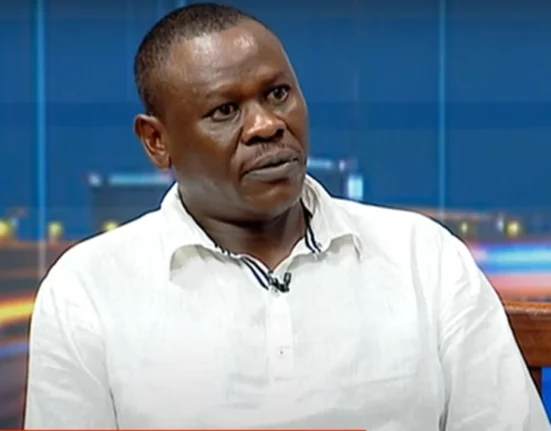
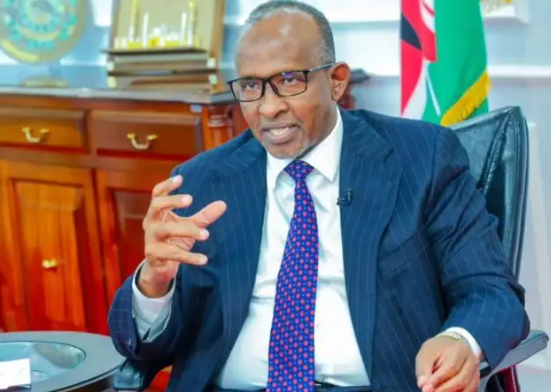
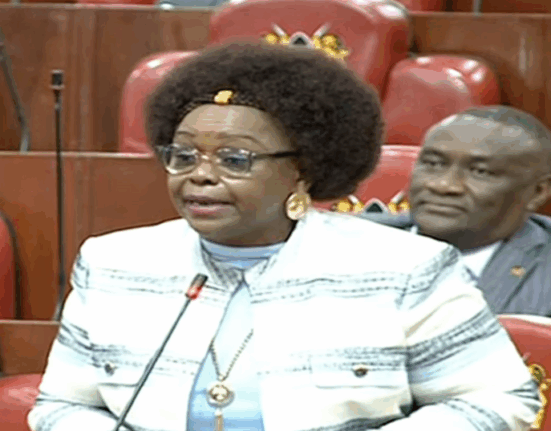
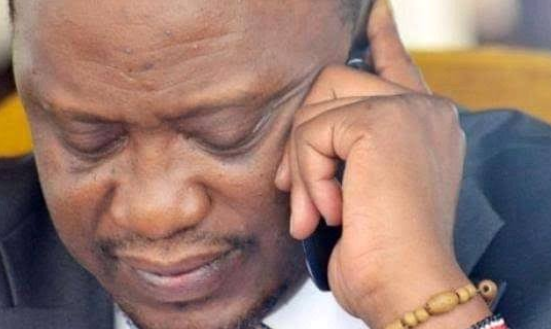

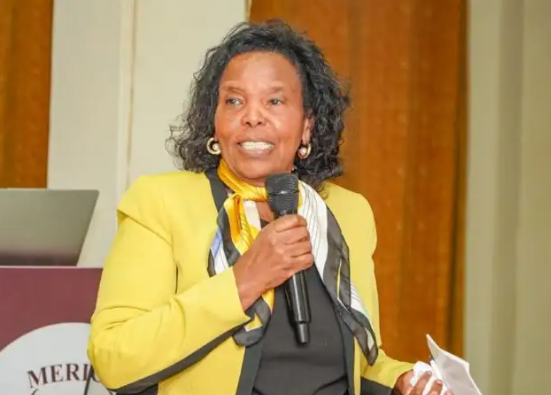
Leave feedback about this